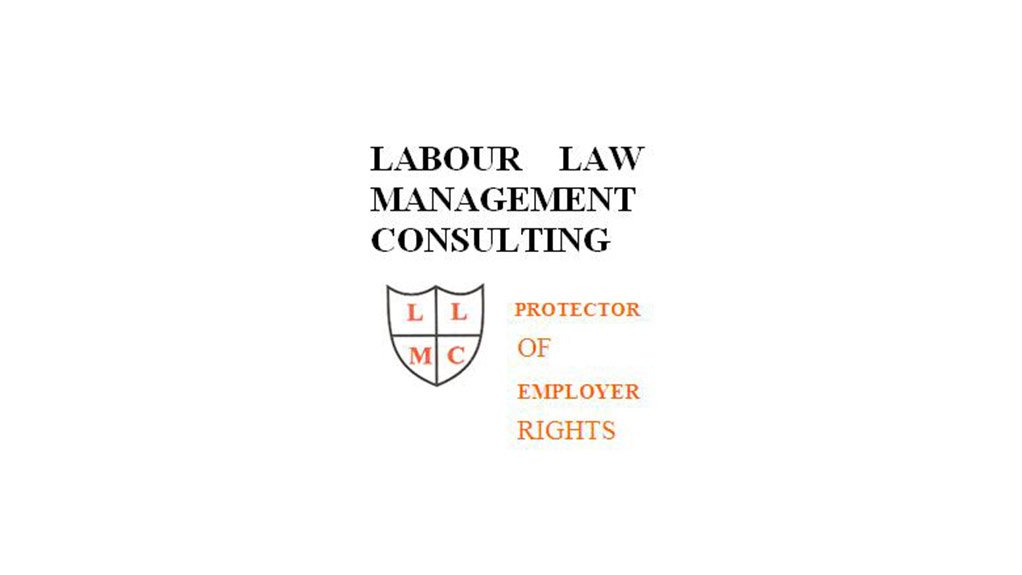The far reaching effects of prolonged strikes raise the question of how strikes can be prevented. The consequences of strikes can include:
- The employer’s loss of clients
- Financial losses for businesses
- Closure of businesses
- Industrial sabotage
- Loss of pay and financial hardship for employees
- Dismissals
- Court cases
- Reinstatement orders
- Strike interdicts
- Picketing
- blockades
- Violence and death
- Damage to the national economy if the strikes are widespread and/or last a long time
- Reduction in investor confidence
- A negative relationship between employer and employees/unions once the strike is over.
However, preventing strikes is difficult because the Labour Relations Act (LRA) gives employees the right to strike. While this effectively prevents employers from imposing outright bans on strikes the LRA itself limits the right to strike. Section 65(1) of the LRA states that “No person may take part in a strike or a lock-out or in any conduct in contemplation of a strike or lock-out if –
- that person is bound by a collective agreement that prohibits a strike or a lock-out in respect of the issue in dispute;
- that person is bound by an agreement that requires the issue in dispute to be referred to arbitration; ……..”
The above section makes it clear that the law allows employers and employees to enter into agreements that prohibit strikes and lock-outs by replacing these with arbitration as an alternative with less drastic consequences than strikes have.
The disadvantage of using the arbitration alternative is that the arbitrator’s decision is final and the parties are bound to comply with it. Take a scenario where the unions are demanding an 11% wage increase but the employers are reluctant to go much higher than 8%. Should the dispute go to arbitration and should the arbitrator rule that the wage increase is to be 9,5% the parties will have to comply with this decision even if this results in financial or other difficulties for them.
However, the advantages of an arbitrated settlement far outweigh the potential disadvantage. These advantages could include:
- A swift conclusion to wage negotiations
- Elimination or reduction of the ill will caused by industrial action
- Saving of the money that could be lost during the strike/lock-out due to the non-payment of employees’ wages or to industrial sabotage, violence, interdicts and lost business
- Avoidance of injury and loss of life
- Improved investor confidence and consequent job creation.
The problem is that the LRA does not give the CCMA or bargaining council jurisdiction to arbitrate wage disputes. Fortunately, the LRA does allow the parties to agree to private arbitration for purposes of resolving wage disputes. However, should the parties agree to private arbitration they must choose an arbitrator who is:
- reputable
- fully conversant with labour law and with the need for positive industrial relations
- able to gather the facts of the case effectively from both parties
- able to assess the facts properly and fairly
- able to reach a decision that is both fair and realistically implementable.
To book for our 5 April Johannesburg seminar on CHANGES AND DANGERS IN LABOUR LAW please contact Ronni via 0845217492 or ronni@labourlawadvice.co.za
Written by Ivan Israelstam, Chief Executive of Labour Law Management Consulting. He may be contacted on (011) 888-7944 or 0828522973 or on e-mail address: ivan@labourlawadvice.co.za. Go to: www.labourlawadvice.co.za.
EMAIL THIS ARTICLE SAVE THIS ARTICLE ARTICLE ENQUIRY
To subscribe email subscriptions@creamermedia.co.za or click here
To advertise email advertising@creamermedia.co.za or click here











